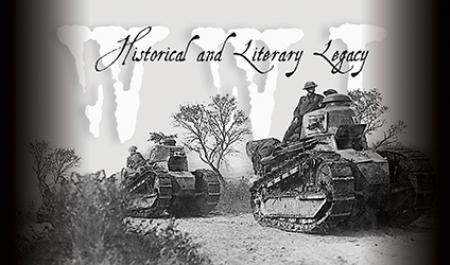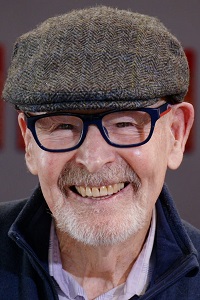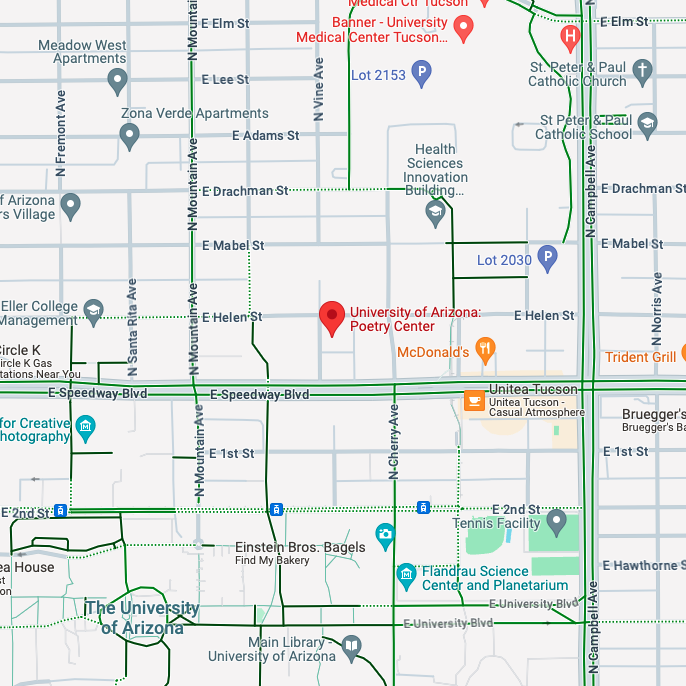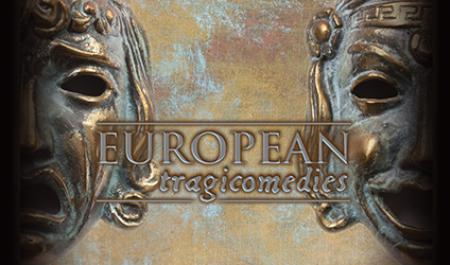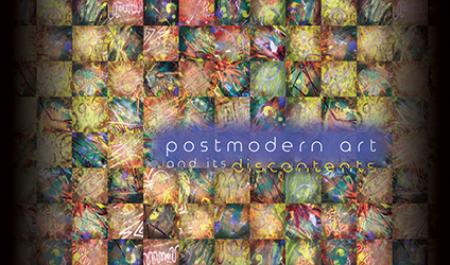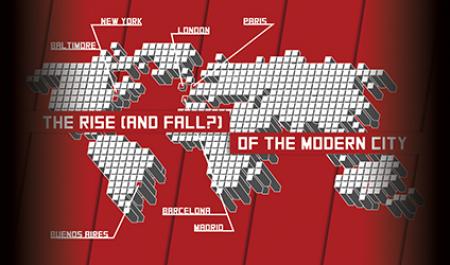According to George Kennan, the Great War was “the seminal event of the Twentieth Century.” The war triggered both the Russian Revolution and the Irish Rebellion, and ended by toppling monarchies and destroying empires.
But perhaps the “shock of the new” that most surprised was the horror of modern, mechanized warfare. T. S. Eliot’s The Waste Land and Erich Maria Remarque’s All Quiet on the Western Front are probably the most famous postwar texts, but they are only two of many brilliant literary works the war produced and that we will read. English poets like Wilfred Owen reshaped the way we perceive not only war but language itself. And authors like Ernest Hemingway in In Our Time, and Humphrey Cobb in The Paths of Glory have brought the war into more recent books and films.
The Great War created a new kind of literature, ranging from pulp fiction to radical experimentations with form. This literary revolution occurred on both sides of the Atlantic and profoundly affected what we today call modernism.

